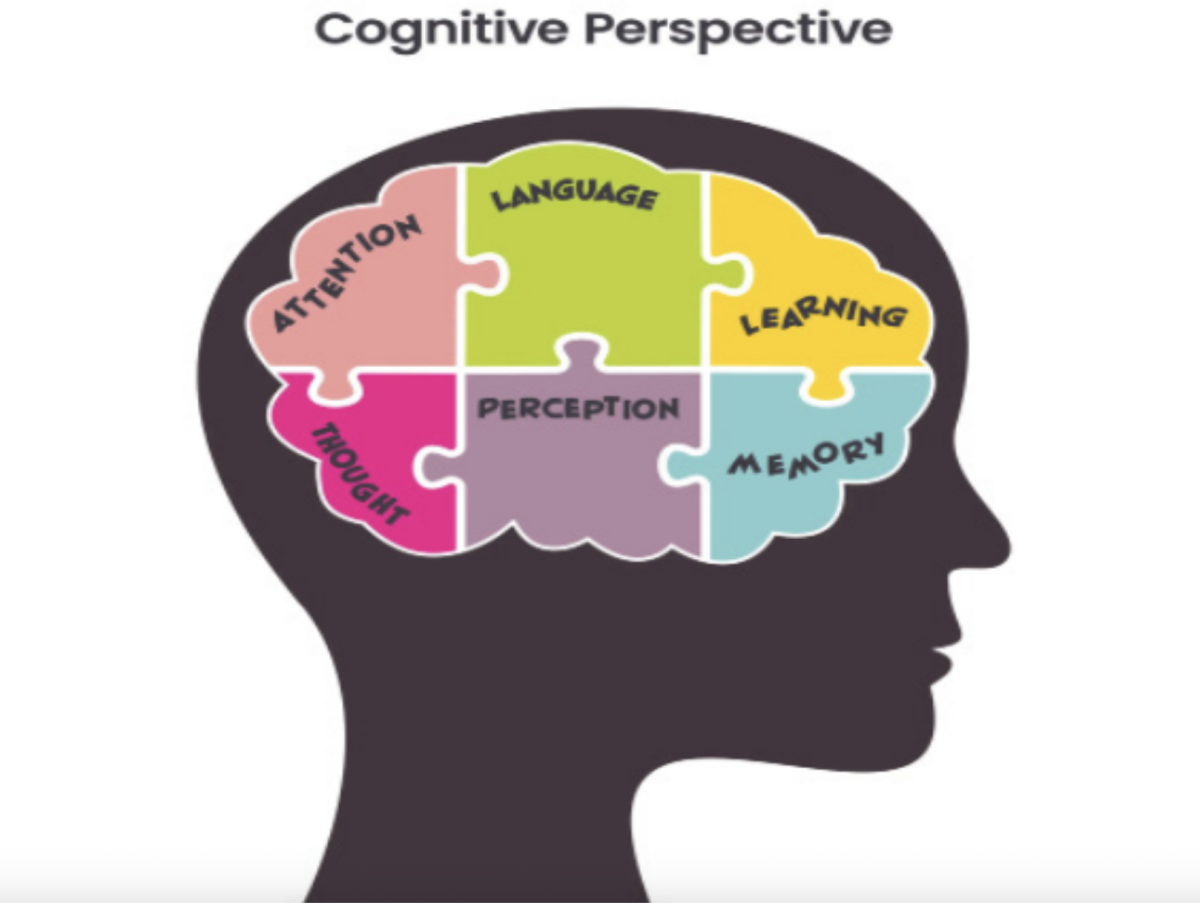Political beliefs are essential to who we are. These beliefs are molded by the various influences in an individual’s life.
Among these, the role of parents stands out as a pivotal factor in developing children’s political views. Arguably, parental involvement is the most impactful factor.
Children are immersed in their family’s political environment from a young age. Often, family discussions are a child’s first exposure to politics.
While parents may not directly advocate a political party to their child, the values of the household, participation in political events, or watching the evening news can shape the child’s outlook on politics.
According to the Pew Research Center, a parent with strong ties to a political party is more likely to have their child follow in their footsteps.
Political views are an expression of what you value.
While parental influence is significant, it is important to consider the broader context of a child’s environment.
Children of different socioeconomic backgrounds may develop different political perspectives based on their experiences.
Additionally, exposure to diverse perspectives in a community or on social media can cause children to question their inherited beliefs.
The Globe spoke to Tucker Foote, the head of Public Policy at Mastercard, who possesses a profound understanding of the regulations and guidelines established by governments. As a father of two young children, Foote leverages his expertise in political advocacy to inspire them to be “confident in who they are, understand their values, and always to express their own voices.”
Foote believes it is crucial for the next generation to “lead with their own conviction,” rather than be part of a “who wore it best contest in the political world.”
As children enter their teen years, and their peers become more confident sharing their opinions, political identities form from more than just household dinner table chatter.
Social media has become the primary news outlet of our generation, influencing the formation of many young people’s political identities.
15-second videos on TikTok, leading to endless scrolls, entertain teenagers for hours.
In an exclusive interview with The Globe, Kelly Vitale, VP of Consumer Marketing for Brookfield Properties Retail, shared that she believes the political opinion of most teenagers is “heavily influenced by their social algorithm.”
However, she hopes to encourage her teenagers to “figure out which topics and viewpoints they feel most strongly about” and to research candidate’s policies with “reliable sources” to determine which policies they “most closely align with.”
While parents undoubtedly influence their children’s political views, it’s essential to acknowledge this is not the sole contributor to a child’s political identity.
Nate Lipton (’25) feels his parents had “some” impact on his views during his younger years.
However, he has since conducted his own research and now feels “more than comfortable branching out and even disagreeing” with their perspectives.
Parents provide the foundation for their children’s political beliefs, but friendships, social media, and personal experiences all contribute to the formation of a unique political perspective when they finally do cast their ballot.
Read the rest of the 2024 Election Special Editon here









